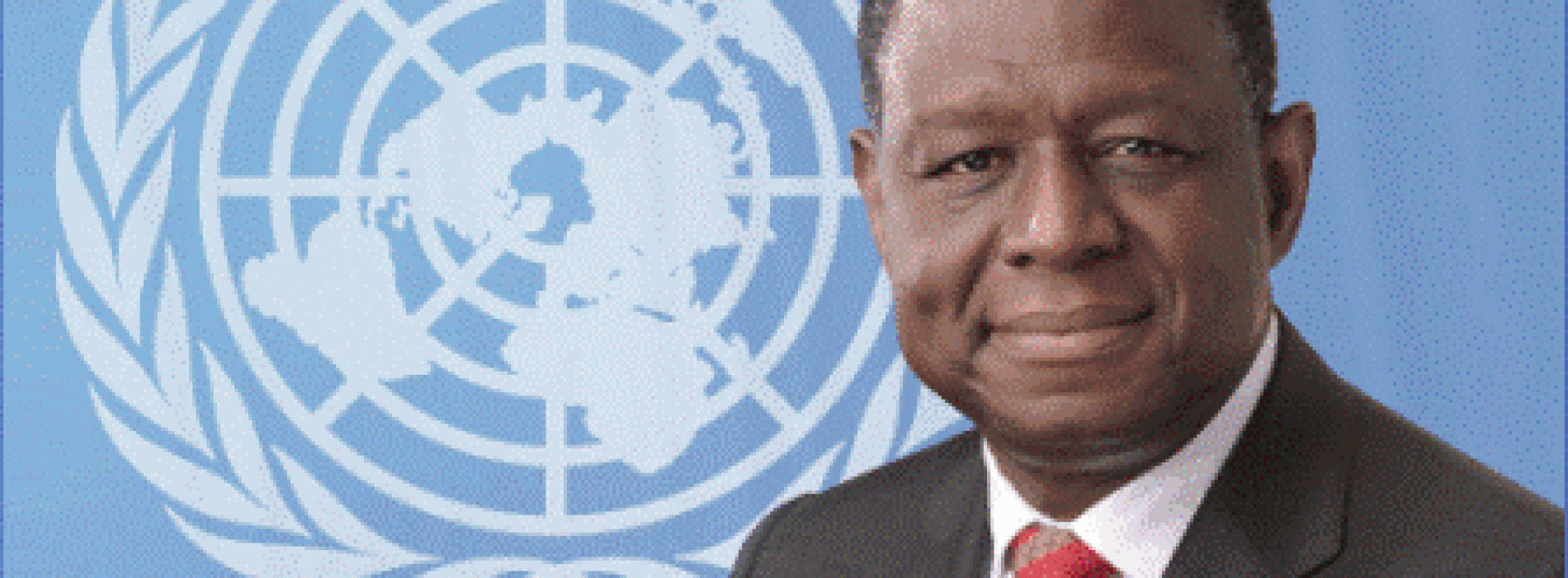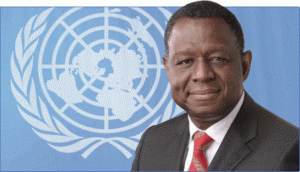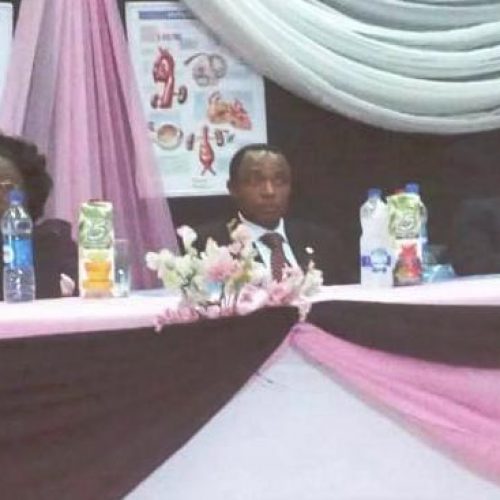Universal access to sexual, reproductive health, key to gender equality, Osotimehin
“Gender equality is a human right. Women are entitled to live in dignity and in freedom from want and fear, without discrimination. Gender equality is also vital to sustainable development, peace and security. It’s not just a woman’s issue. It’s an issue for all of humanity,” says Dr. Babatunde Osotimehin, executive director, United Nations Population Fund, UNFPA during the commemoration of International Women’s Day, couple of days back.
According to the statement Dr. Osotimehin released, he was said that despite some progress, the world still has a long way to go to achieve full gender equality.
“Take, for instance, the fact that every year tens of thousands of girls are forced into child marriage-nearly one third of these before the age of 15, or that one woman in three experiences gender-based violence in her lifetime. Some 200 million women and girls have endured female genital mutilation; and there are 225 million women who want modern family planning but are not getting it, and therefore are unable to choose whether or when to have children,” Dr. Osotimehin said.
The statement reads further: “The global community has an obligation to advance the new agenda for sustainable development, which enshrines gender equality as one of its goals. The ability of women and girls to exercise their basic human rights, including their right to sexual and reproductive health, is a prerequisite for achieving the Sustainable Development Goals.”
According to him, studies have demonstrated clearly that family planning is the best investment countries can make for human development. Therefore: “Ensuring universal access to voluntary family planning means putting the poorest, most marginalized and excluded women and girls at the forefront of our efforts-particularly those in conflicts and fragile settings. Women and girls who can make choices and control their reproductive lives are better able to get quality education, find decent work, and make free and informed decision in all sphere of life,” said, adding that their families and societies are better off financially. Their children, if they choose to have them, are healthier and better educated, helping break the spiral of poverty that traps billions and triggering a cycle of prosperity that carries over into future generations.
He however, made boost to say that the UNFPA is fully committed to ensuring the rights of women and girls to sexual and reproductive health services, including family planning. “On this International Women’s Day, we urge the global community to join us. Together, we can make a giant leap forward that saves lives, empowers women and girls, advances gender equality and ensures a more prosperous and sustainable future for all of us,” Dr. Osotimehin said








0 Comments
No Comments Yet!
You can be first to comment this post!